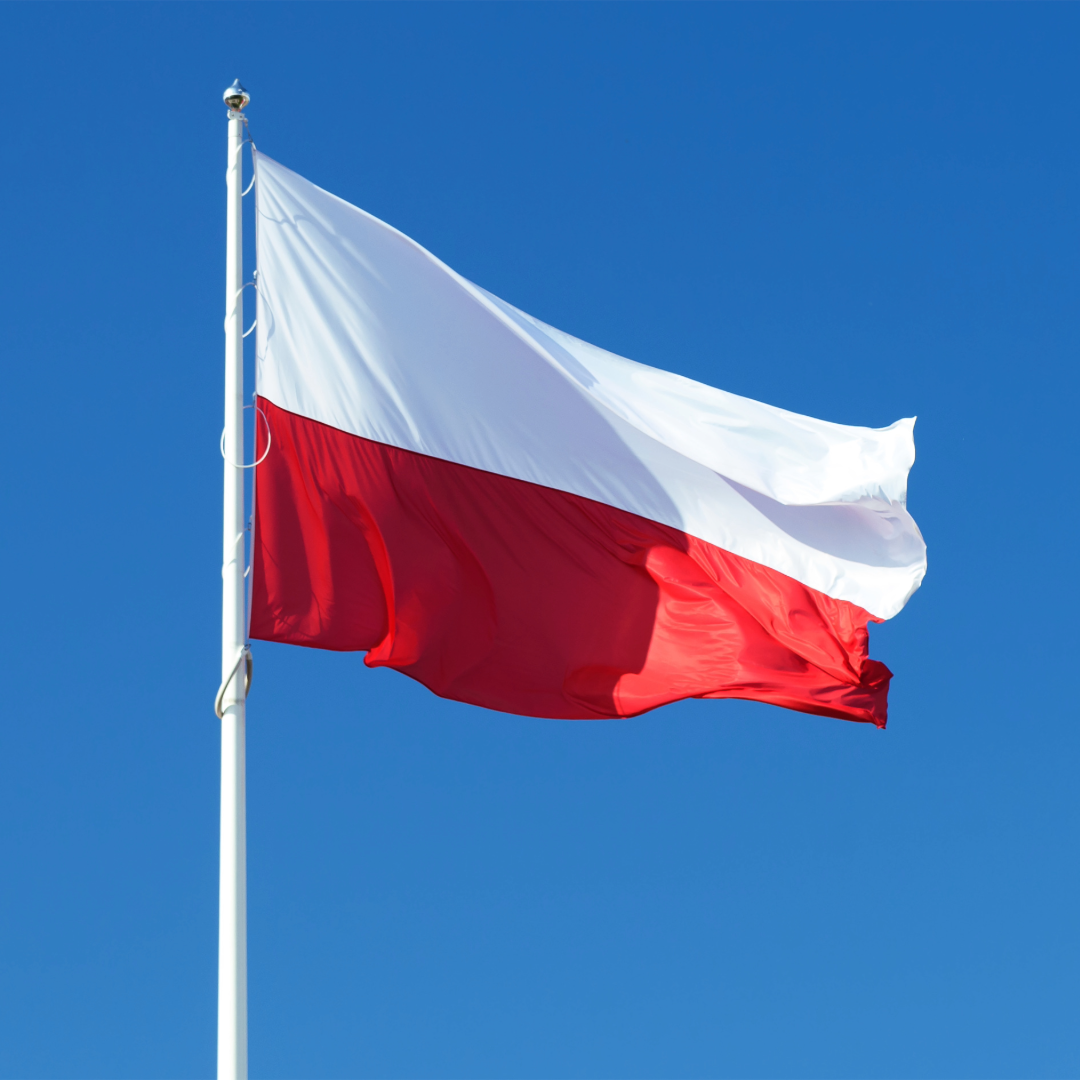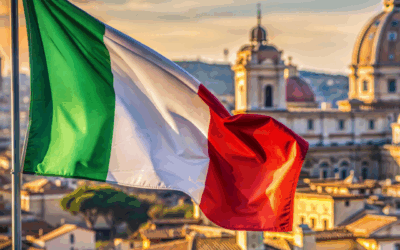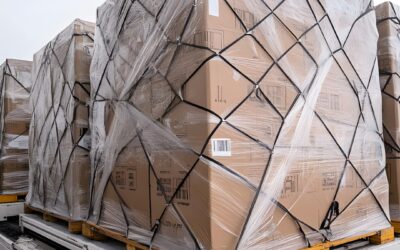EPR obligations in Poland: volume threshold and registration obligation




Since 13 June 2013, the handling of packaging waste in Poland has been regulated by the Act on Packaging and Packaging Waste Management (Journal of Laws 2019.542). Among other things, it sets out requirements for packaging, the handling of packaging waste and regulations regarding recycling fees.
This means that companies in Poland are subject to extended producer responsibility (EPR). The EPR regulations are intended to ensure that companies take responsibility for the disposal of their packaging and thus contribute to the promotion of the circular economy. The EPR entails obligations regarding the handling of a company’s own products and packaging. In the following article, we shed light on what you need to consider as a retailer on the Polish market.
The registration obligation in the BDO
In Poland, the Product and Packaging and Waste Management Database (BDO) ensures the collection of information on waste and the electronic processing of registration, recording and reporting obligations of companies. Registration with the BDO is mandatory for all retailers and manufacturers and has been carried out exclusively online using forms in Polish since 2020. The obligation to register with the BDO also applies without a quantity threshold and from the very first packaging placed on the Polish market.
For companies with a Polish branch, registration in the BDO is carried out via the Marshal’s Office of the Voivodeship in their region, for foreign companies at the Marshal’s Office of the Voivodeship in Warsaw.
The EPR obligations for packaging
The EPR obligations in Poland apply to all companies that import packaging and products in packaging. This includes producers and importers as well as online retailers. Companies are generally obliged to minimise the volume and weight of their packaging and ensure that their packaging waste is recycled. Materials subject to EPR include paper, cardboard, carton, steel, aluminium, glass, plastic and wood.
To be compliant in Poland, you have to register as a producer in the BDO. In addition, depending on the amount of packaging you put into circulation in Poland, you pay a so-called eco fee to your EPR system. The fees you have to pay depend on a volume threshold in Poland. The volume threshold determines the quantity of packaging put into circulation above which a company is obliged to make a contribution to packaging licensing.
EPR Annual Report
All domestic and foreign companies are obliged to prepare an annual report. Among other things, this must contain information on the weight of the recovered and recycled packaging and the degree to which it has been recycled.
However, the report does not necessarily have to be prepared by the company itself, but can be prepared by the organisation commissioned by the company to fulfil the EPR obligations.
Sanctions for failure to fulfil EPR obligations
Non-compliance with EPR obligations in Poland can have significant consequences for traders. Companies that fail to register or fulfil their other EPR obligations may face fines and administrative penalties, depending on the severity of the case. Timely and correct registration is therefore essential in order to be compliant and avoid possible sanctions.
By fulfilling your obligations, you not only ensure that you comply with the requirements of the EPR legislation in Poland, but also contribute to the promotion of the circular economy.

LIZENZERO.EU makes packaging compliance in Europe very easy.
Do you ship your products to different countries in the EU? Many different legal requirements and obligations can make the whole thing quite complicated – but don’t worry, we’ll do it for you. How do we do it? With our licensing service, we take over all obligations for you by power of attorney. Sounds good? We’ll be happy to advise you.
For shipping to Germany, you can easily fulfill your packaging obligations yourself via Lizenzero.de.
Ban on Polystyrene Packaging in France: Postponement to 2030 Brings Opportunities and Challenges
Plastic bottles are part of everyday life for many people, whether on the go, at the office, or during sports. In recent years, the materials used to make these bottles have come under increasing scrutiny, especially due to EU-level regulations. Consumers are paying more attention to which chemical substances may be present in their bottles. One of the most well-known and controversial substances is bisphenol A (BPA). BPA is often incorrectly referred to as a plasticizer. It has been heavily criticized for years because of its hormone-like effects and potential health risks, not only in plastic bottles.
EPR in Italy: duties for e-commerce & textiles
New rules for selling via online marketplaces have been in force in Italy since November 2024: With Law 166/2024 (amendment to the existing Legislative Decree 152/2006), Italy is tightening the EPR requirements. Italian online marketplaces must now record and pay data and fees for products subject to EPR in the area of electrical and electronic equipment (WEEE) on behalf of their retailers. For you as a retailer, this means that anyone selling to end customers via an Italian marketplace must be registered.
Commercial packaging in the EU: obligations at a glance
In this article, we explain the differences between the packaging types, the legal basis for them and how some EU member states – specifically France, Austria and Spain – deal with commercial packaging.




